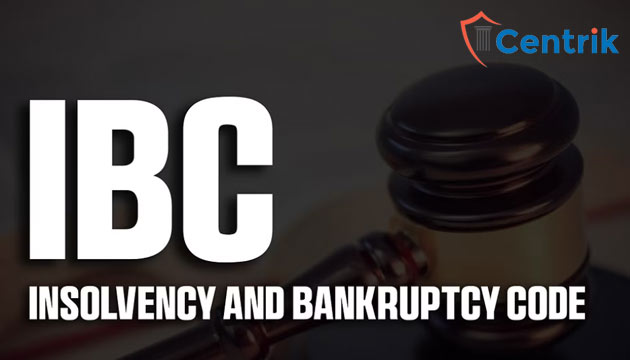
As per the settled law there is no law or provision which states that either the Adjudicating or the Appellate Authority has the powers to question the resolution plan approved by the COC until and unless the same is barred by some irregularity.

If the resolution applicant wants to retain any of the directors of the corporate debtor the resolution applicant is allowed to retain if the plan proposes the maximum valuation of assets.

The officers and managers of the Corporate Debtor, shall report to Resolution Professional. They shall provide him all the documents or records as required by him in the course of his duties.

Greater Noida RERA Authority asked around 700 homebuyers of Subhkamna Tech Home to come up with a viable financial plan to complete the housing project in Sector 137.

The IBC has clearly outlined the powers and duties of the resolution professional that he can exercise during the insolvency resolution process

In this article we will discuss about the insolvency process by an Operational Creditor and extensively cover the entire topic in the most precise manner.

In this article we will precisely discuss about the conduct of insolvency process by corporate debtor who is also called as corporate applicant.

The Supreme Court rejected an appeal by Dalmia Bharat , one of the bidder who lost out to UltraTech Cement in the second round of bidding, to stay the resolution process of Binani Cement.

To rescue themselves from this misfortune Fraud-hit Punjab National Bank plans to raise Rs 13,000 crore through stake sale in subsidiaries and recovery of bad loans by September end.

Initiation process of Insolvency Resolution by a financial creditor in the easiest possible manner along with the time line that is required to be followed.

This article discusses about the main components of this Code which forms the base of this very legislation.

In this article we have briefly discussed about how replacement of resolution professional as liquidator is carried out.
The government plans to have more benches of the National Company Law Tribunal on the basis of case load and rising number of insolvency cases coming up before the NCLT.

The issues that are adversely affecting the efficiency and effectiveness of the resolution process and for increasing the possibility of resolution, value of resolution plan, and ending timely resolution.

the Resolution Plan in question is in violation of section 30(2) (a) of the IBC. The NCLAT subsequently modified the Resolution Plan to include this claim in accordance with the law.















 join For Updates
join For Updates